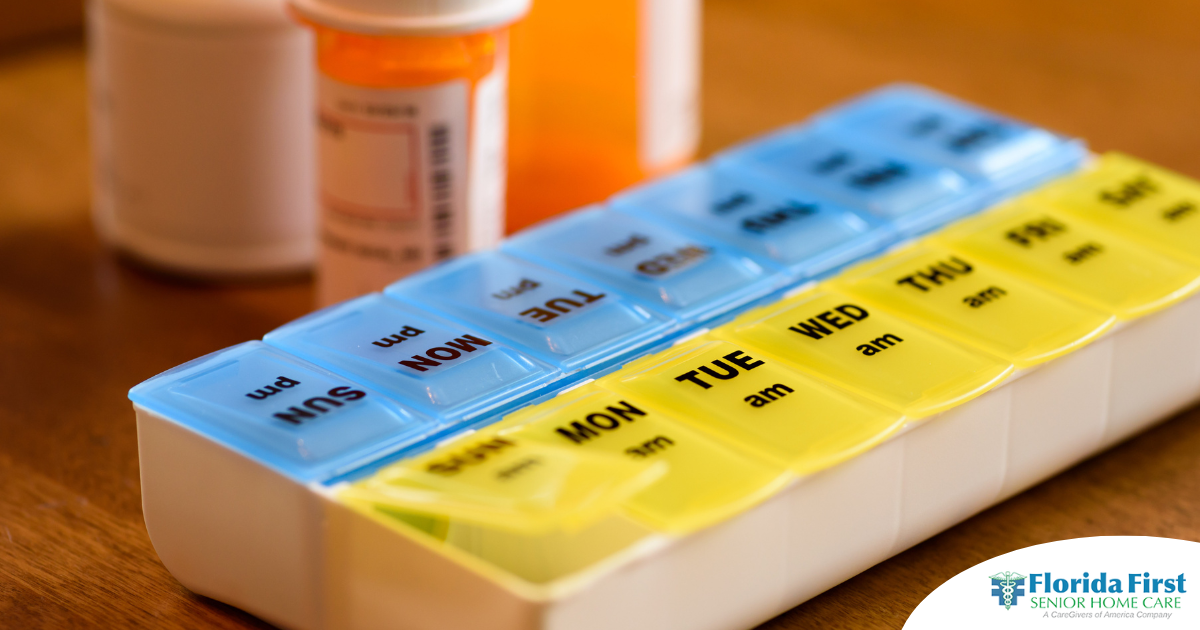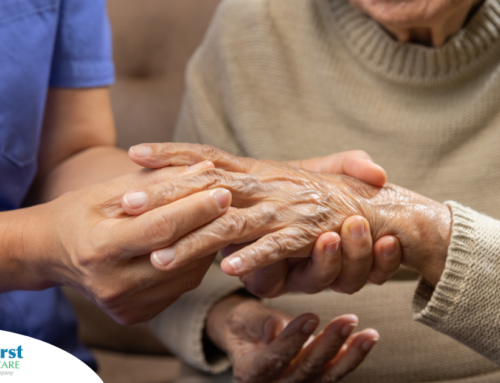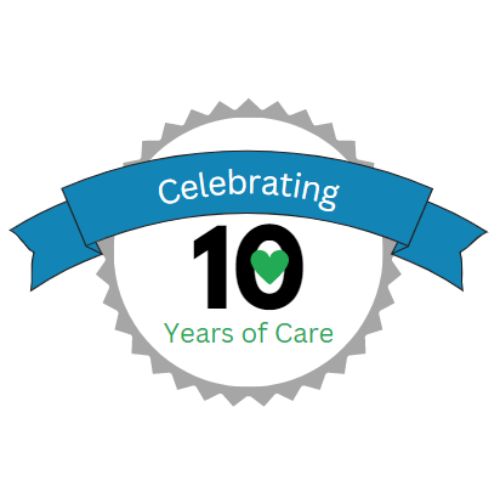According to estimates, roughly five billion medication prescriptions are filled in the U.S. annually. Over half of all adults 65 and older, including many in Boca Raton, take four or more medications. Medication management is a critical aspect of healthcare, especially for patients who rely on multiple medications to manage their health conditions. Unfortunately, medication errors are common and can have serious repercussions. Home health care is a reliable way for patients and their families to optimize medication management when they need help.
Common Medication Management Errors and Implications
Common medication errors include taking the wrong medication, taking incorrect dosages, missing doses, or not adhering to the prescribed schedule. These errors can occur for various reasons. One of the leading causes is the complexity of medication regimens, especially for patients with chronic conditions. Juggling multiple medications and their specific instructions can become overwhelming for elderly patients, leading to confusion and mistakes.
Another reason for medication errors is poor communication between healthcare providers, patients, and their families. Lack of clarity in instructions or inadequate patient education can contribute to misunderstandings and subsequent errors. Additionally, cognitive impairments, such as dementia or memory loss, can make it challenging for patients to remember their medication schedules accurately.
The implications of medication mismanagement can be severe. Taking the wrong medication or incorrect dosages can lead to adverse side effects, worsen the patient’s condition, or cause new health problems. Missing doses or not adhering to the prescribed schedule can result in inadequate treatment, reduced efficacy of medications, or disease progression. In some cases, medication errors can be fatal, especially for patients with critical conditions or those who are highly sensitive to certain medications.
What is Home Health Care?
Home health care is a type of medical service provided to individuals in the comfort of their private residences. Home healthcare professionals assist people with medical conditions, disabilities, or those recovering from surgeries or illnesses who require medical attention but prefer to receive care at home rather than in an institutional setting.
Home healthcare providers offer a wide range of services tailored to meet their clients’ specific needs. Typically provided by Home Health Aides (HHAs), those services may include personal care assistance, such as help with bathing, dressing, and grooming. HHAs can also provide mobility and transfer assistance, ensuring the safety and well-being of their clients.
In addition to personal care, home health care providers offer skilled nursing services. Registered nurses (RNs) or licensed practical nurses (LPNs) can administer medications, monitor vital signs, change wound dressings, and perform other medical procedures as required.
Furthermore, many home health care providers offer therapy services, including physical therapy, occupational therapy, and speech therapy. Depending on the patient’s unique needs, these therapies aim to improve mobility, regain strength, enhance coordination, or hone communication skills.
As the population ages, patient preferences change, and healthcare providers embrace cost-saving hospital-at-home (HaH) models, the demand for home healthcare services will continue to grow significantly.
The Role of Home Health Care in Medication Management
Home health care plays a vital role in medication management, particularly for seniors who might face challenges in this aspect of their healthcare. These are some of the ways home healthcare professionals help patients remain medication-compliant:
Personalized Care
One of the primary benefits of home health care is the one-on-one attention patients receive. Home healthcare professionals, such as nurses or caregivers, work closely with patients and their families to develop individualized medication management plans based on their needs and conditions. This process includes organizing medications, setting up reminders, and ensuring adherence to prescribed medication regimens.
Medication Administration
Home healthcare professionals can also assist with medication administration, including infusion therapy, especially for patients who have difficulty taking their medications independently. Nurses and caregivers can monitor the patient’s response to medications, identify any side effects or adverse reactions, and communicate with healthcare providers to make necessary adjustments. This enhanced level of support helps prevent medication errors and ensures patients receive the optimal benefits from their medications.
Medication Monitoring
Another advantage of home health care is that it routinely monitors medication inventories and refills. Home health nurses and aides can help patients and their families track medications, ensuring they are not running low or expired. This service eliminates the risk of missed doses due to insufficient supplies and reduces the chances of medication errors.
Patient Education
Home healthcare professionals routinely educate patients and their families about medications, their purposes, potential side effects, and proper administration techniques. Educating patients helps them better understand their medications, empowering them make better-informed decisions and actively participate in their care.
Care Coordination
Finally, home health care supports continuity of care. With regular visits, home healthcare professionals can monitor the patient’s overall health, identify any changes or concerns, and collaborate with other healthcare providers to ensure a holistic approach to medication management. This care coordination helps to prevent potential drug interactions, minimize duplications, and optimize the patient’s medication regimen.
Final Thoughts About Home Health Care and Medication Management
When delivered by a reputable provider, home health care is a reliable way for patients to optimize medication management, especially for older adults. By providing personalized care, administering medications, monitoring patient progress, educating patients and families, and promoting continuity of care, home health care professionals contribute significantly to reducing medication errors and improving patient outcomes.
Thanks to the efforts of home healthcare providers, patients, and their families can have peace of mind knowing their medication needs are being effectively managed in the comfortable surroundings of their private residences.
Dignified In-Home Medication Management for Families in Boca Raton
Finding a reputable home healthcare provider can be challenging. When you need medication management assistance, look no further than Florida First Senior Home Care in Boca Raton. As a fully licensed and insured nurse registry, we will match you with highly trained and carefully screened caregivers who can deliver the nurturing you or your loved one deserve. While serving as an extended family in the home, the compassionate caregivers we refer can perform various services, including Live-In and Hourly Care, Respite Care, Personal Care, Transportation Services, Medication Reminders, Bathing Visits, and Cognitive Engagement.
While assisting clients in Boca Raton, Palm Beach County, West Palm Beach, Boca Del Mar, Boynton Beach, and Delray Beach our agency’s focus is maintaining your loved one’s quality of life, along with their dignity, self-esteem, and independence. For your added convenience, all our home care services can be individually personalized into an affordable package when and where you need them! Please visit Florida First Senior Home Care online now to learn more about our medication management services or schedule a FREE initial consultation for someone in our service area.







